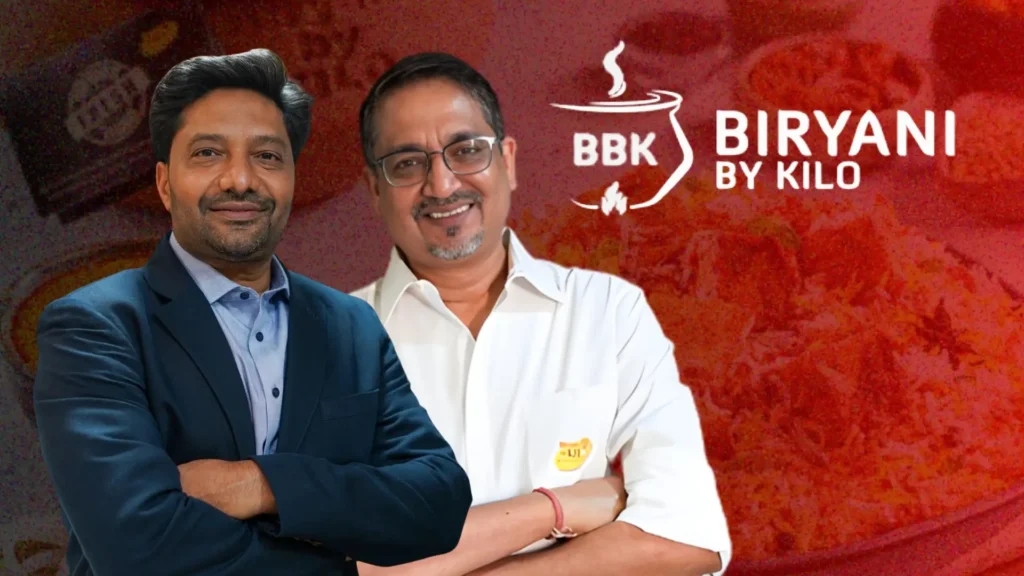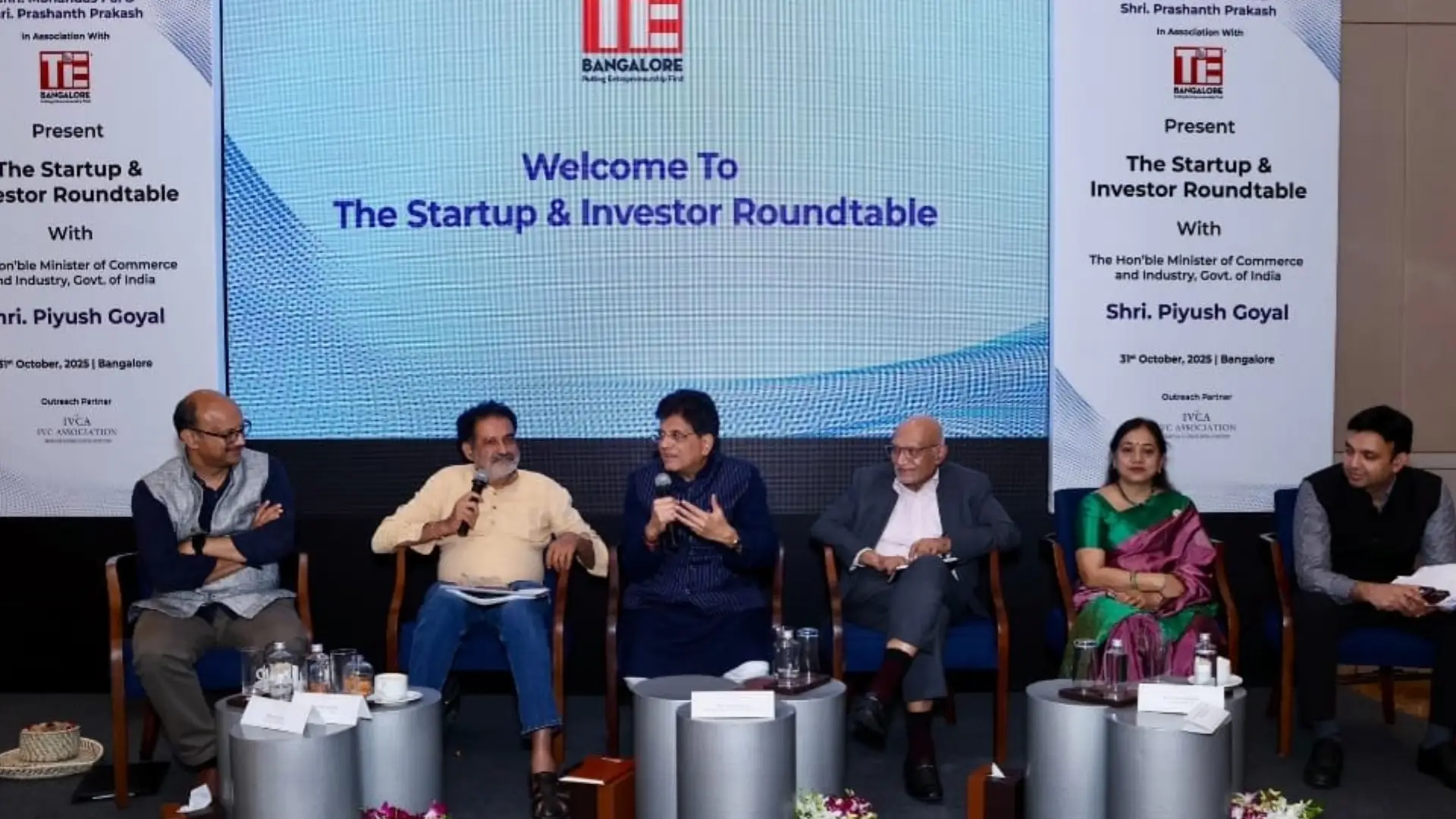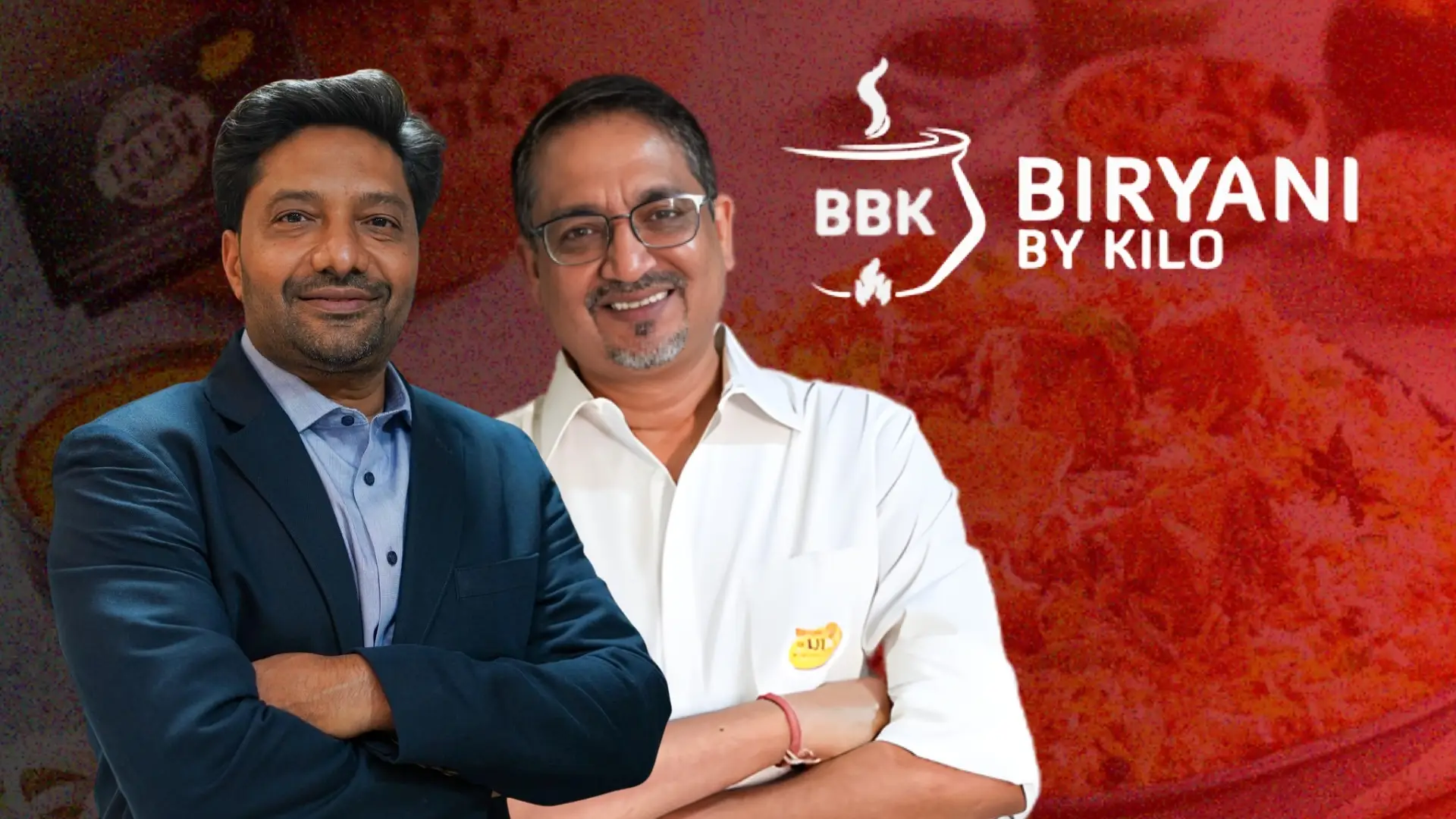Biryani is a drug people got addicted to. Almost every state in India has its own flavor: Hyderabadi, Lucknow, Kolkata, Malabar, and Ambur, each with its unique aroma and emotion. But have you ever thought about why nobody branded it? I mean, we have local legends, but there’s no national biryani brand that unites the country under one name. On the other hand, look at pizza, burgers, or even momos. We have Domino’s, McDonald’s, and Wow! Momo. But biryani, which is arguably India’s most loved dish, had no national identity. A dish that connected a billion people emotionally was still unorganized, inconsistent, and local.
The Indian biryani market is enormous and still expanding rapidly. Industry estimates valued it between ₹30,000–38,000 crore in 2023 (roughly $5–6 billion), with double-digit growth expected through 2025. And yet, less than 10–15% of this market is “organized,” meaning dominated by recognized restaurant chains or structured brands. The rest is spread across lakhs of local outlets, home kitchens, and unbranded players. For comparison, Swiggy and Bain & Company project India’s overall food services industry to grow from about ₹5.5 lakh crore today to nearly ₹9–10 lakh crore by 2030. Within this massive transformation, biryani stands out as the undisputed king.
Delivery data from Swiggy and Zomato tells the story best: in 2024 alone, Indians ordered nearly 89–91 million biryanis. That’s roughly 158 biryanis every minute, making it the #1 ordered dish in India for the 8th or 9th consecutive year. Almost a decade back, two people saw this as more than just a food problem. They saw it as a branding opportunity and an unorganized goldmine. That’s how Biryani By Kilo was born as an attempt to give biryani the respect, structure, and system it always deserved.
Every delivery brand in India followed the same model: cook in bulk, store, reheat, and deliver. It worked for fast food, but not for biryani. Biryani is complex layers of rice, meat, masala, and slow-cooked steam (dum). If it’s reheated, the magic is gone. And you will not get the same taste. BBK decided to do something revolutionary: They would cook each order fresh in a sealed earthen pot (handi) and deliver that same handi to the customer. It was slower, costlier, and logistically tough. But it made the experience authentic and premium. So, that became the biggest beneficiary for them. It is freshly cooked for you, and it was not fast food.
It all started back in the year 2015, in Gurgaon. It was during the time when the cloud kitchen trend hadn’t started. But BBK built their model around it. Every kitchen had trained chefs, standardized recipes, and measured ingredients. The brand even divided India’s biryani cultures such as Hyderabadi, Lucknowi, and Kolkata offering customers regional authenticity with consistent quality. And that’s how they could scale without losing quality.
Now, let’s look at some crucial factors that contributed to the growth. Most food delivery startups chased young professionals ordering lunch boxes. BBK aimed for families’ orders. Now, this means higher average order value ranging from ₹700 to ₹1000. Higher margins per delivery and more repeat customers for festivals and get-togethers. Now one more breakthrough of the company is that, while other brands fought with 50% OFF coupons, BBK built loyalty through taste and quality.
Now after all of this is the main parameter, taste. Biryani recipes differ every 50 km in India in the spice balance, the aroma, and even the rice. Standardizing that was so hard. But BBK achieved it through centralized recipe testing, regional chefs with fixed SOPs, and ingredient sourcing control. That model worked so well, and that became the core USP of the company.
After proving success in Delhi-NCR, BBK expanded city by city to Hyderabad, Mumbai, Bangalore, Kolkata, Chandigarh, and more. By 2024, it had over 80 outlets in 20+ cities, operating mostly as cloud kitchens with dine-in zones.
In this journey, even investors supported them. In June 2019, BBK raised over ₹300 million (Series A) from IvyCap Ventures, marking its first major institutional round. The funds were channelled into expanding cloud kitchens, strengthening logistics, and enhancing the brand’s technology stack. In April 2020, they raised additional ₹60 million (Series B) in funding, signalling investor confidence even amid pandemic uncertainty.
The company’s revenue from operations touched ₹268 crore in FY2024, marking a 23% jump from ₹218 crore in FY2023. Including other income such as interest, BBK’s total revenue stood at ₹272 crore for FY24. This consistent growth is powered by its core product line of biryani, kebabs, and curries, which account for the bulk of sales across its delivery and dine-in channels.
Today, Biryani By Kilo stands as one of the few homegrown food startups that have blended cultural authenticity, modern technology, and investor trust all in one handi. That’s how Biryani by Kilo is winning hearts of Indians by selling biryanis in kilos.
Also Read: Canva rolls out Creative OS with AI Tools, Video 2.0, and Affinity Integration










